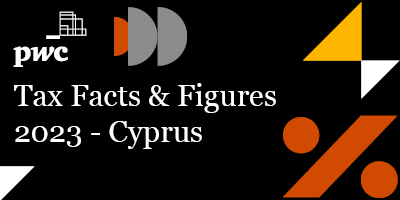PwC Cyprus Experience Center
A community of solvers, inventive researchers, strategists, designers, and technologists combining creativity, research and the wide spectrum of the organisation's services to help you achieve your goals


Inclusion & Diversity
“When the playing field is not level, to ensure equality in the workplace, we need to be fair and not equal.”
- Cleo Papadopoulou, Chief Inclusion & Diversity Officer











